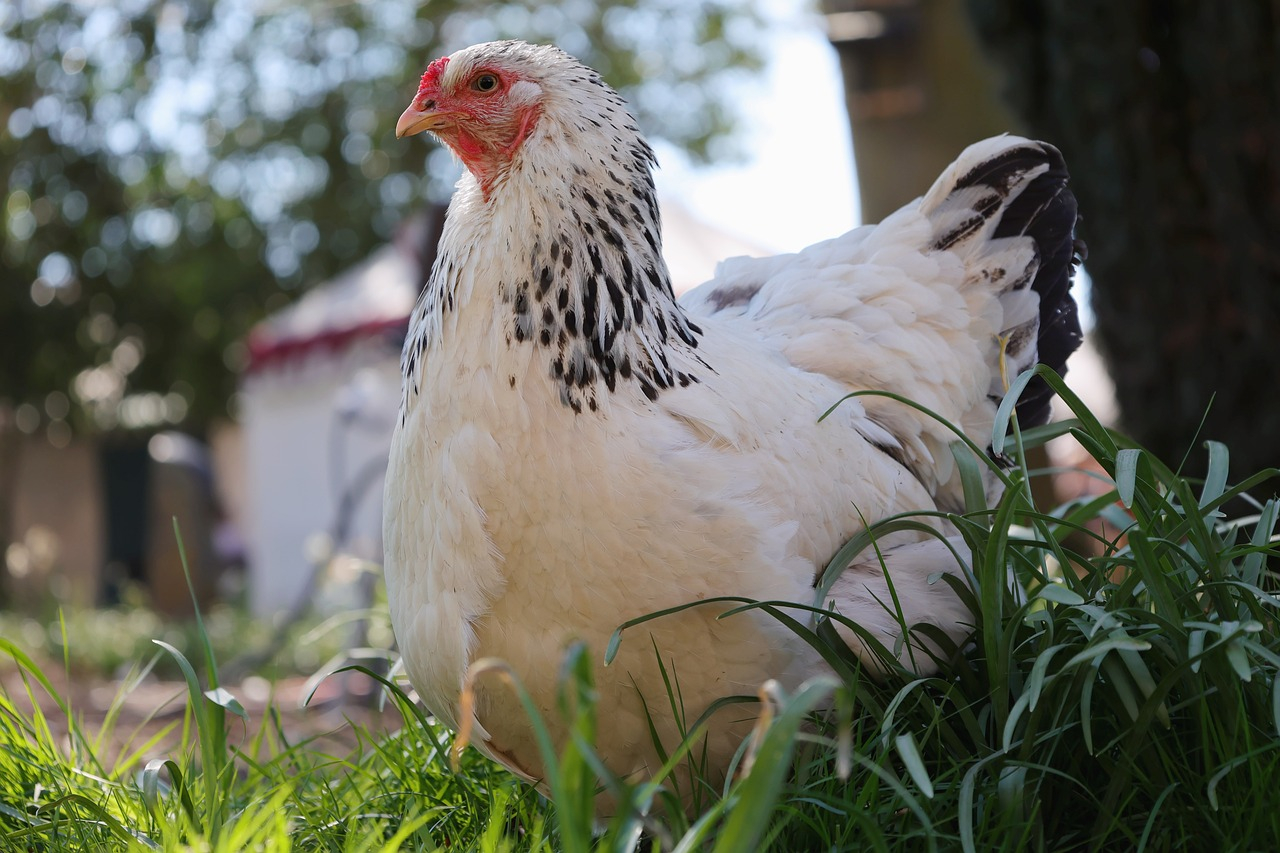Vitamin A - Supporting Growth and Immunity
Vitamin A is crucial for the growth and development of young birds. It plays a vital role in maintaining healthy skin, vision, and mucous membranes, which are the first line of defense against infections. A deficiency in vitamin A can lead to poor growth rates, respiratory issues, and increased susceptibility to diseases. Ensuring that poultry receive adequate levels of vitamin A supports their immune system and helps prevent common health problems that can hinder growth.
Check out https://biopoint.eu/product-line/poultry/vitamin-and-mineral-supplementation/’s innovative products for livestock health.
Vitamin D3 - Essential for Bone Health and Egg Production
Vitamin D3 is indispensable for calcium absorption, which is critical for bone development in growing birds and for the formation of strong eggshells in laying hens. Without sufficient vitamin D3, chickens can develop weak bones, a condition known as rickets, and hens may produce eggs with thin or brittle shells. Providing adequate vitamin D3 is essential for maximizing the structural health of the flock and ensuring high-quality egg production.
Vitamin E - Boosting Immunity and Muscle Health
Vitamin E acts as a powerful antioxidant, protecting cells from oxidative damage and supporting the immune system. It also plays a significant role in muscle development and overall vitality. Deficiencies in vitamin E can lead to muscular dystrophy, reproductive issues, and a weakened immune response, making poultry more vulnerable to infections. By including enough vitamin E in the diet, farmers can enhance the resilience and overall health of their flocks.
B Vitamins - Fueling Energy and Growth
The B vitamins, including B1 (thiamine), B2 (riboflavin), and B12, are crucial for energy metabolism, nerve function, and overall growth. These water-soluble vitamins help convert feed into usable energy, supporting efficient growth and feed conversion. For instance, riboflavin is essential for the development of embryos in eggs, making it particularly important for breeding flocks. A deficiency in B vitamins can lead to poor growth rates, neurological issues, and reduced productivity.
Vitamin K - Ensuring Healthy Blood Clotting and Bone Strength
Vitamin K is essential for blood clotting and bone health. It plays a critical role in the synthesis of proteins involved in blood clotting, which helps prevent excessive bleeding and supports recovery from injuries. Vitamin K also contributes to bone metabolism, ensuring that bones develop properly in growing birds. Adequate vitamin K is particularly important for young chicks and helps maintain overall flock health.
Ensuring Optimal Vitamin Intake
To enhance growth and productivity, poultry must receive a diet that meets their vitamin needs. Commercial poultry feeds are typically formulated to provide a balanced mix of vitamins, but additional supplementation may be necessary during periods of rapid growth, stress, or high production. Water-soluble vitamin supplements can be added to drinking water, ensuring that all birds receive the necessary nutrients, especially during critical periods.
Farmers should also be mindful of the bioavailability of vitamins in feed. Factors such as feed storage, quality, and the presence of other nutrients can affect how well vitamins are absorbed and utilized by the birds. Selecting high-quality feeds and supplements is crucial to ensure that vitamins are effectively contributing to growth and productivity.
Monitoring and Adjusting Vitamin Levels
Regular monitoring of flock health and productivity is essential to ensure that vitamin levels are adequate. Signs of vitamin deficiencies, such as poor feathering, lethargy, or reduced egg production, should prompt an immediate review of the diet. Adjusting the levels of vitamin supplementation or improving feed quality can help address these issues and restore optimal growth and productivity.
Incorporating natural sources of vitamins, such as fresh greens for vitamin A or sunlight exposure for vitamin D3, can complement commercial feeds and supplements. A varied diet that includes both natural and supplemental sources of vitamins helps ensure that poultry receive all the nutrients they need to thrive.
